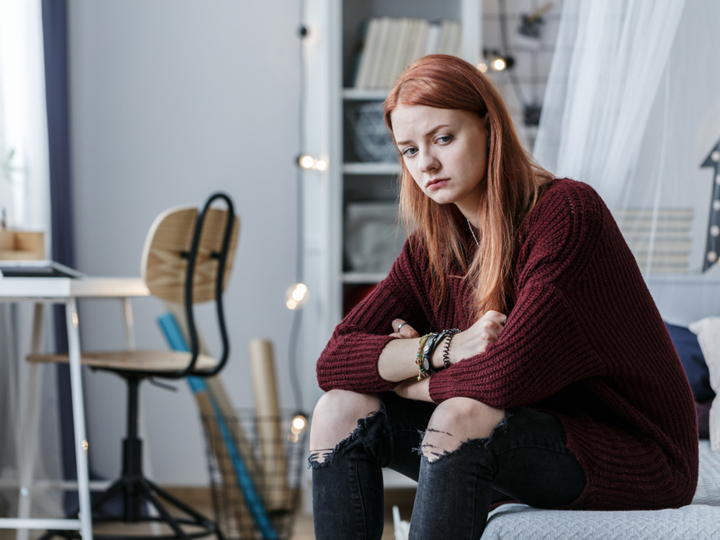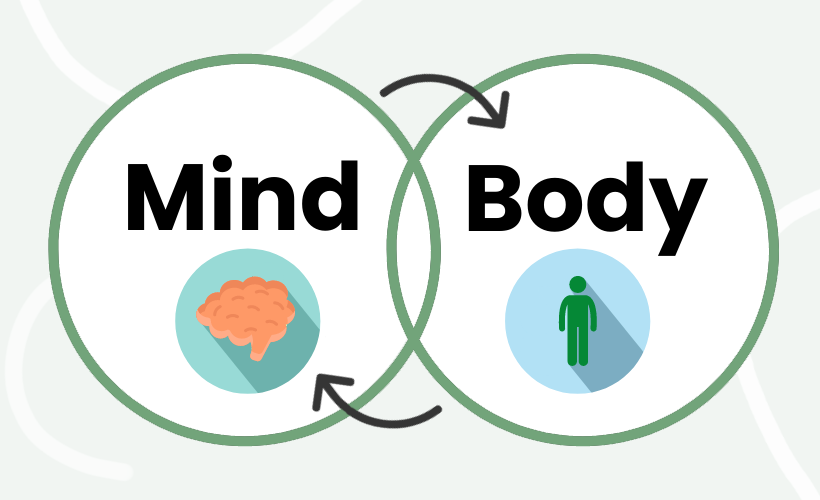Chronic Fatigue: Pain

Pain is a common symptom for people with Myalgic Encephalomyelitis or Chronic Fatigue Syndrome (ME/CFS). This pain can be felt anywhere in the body. This includes headaches, stomach aches, and joint and muscle pain.
The pain experienced by people with ME/CFS is real pain. It is produced by the brain but is not a response to physical harm. This type of pain is known as chronic pain.
Explore the topics on this page:
The impact of pain
Pain has an impact on:
- Activity and energy levels - Your child or young person may become less active and have less energy to do activities. Your child's activity and energy levels are closely linked. They won't be able to do as much if they feel tired due to the pain.
- Mood - It can make your child or young person feel a range of emotions such as anger, anxiety, fear and frustration.
- Sleep - It can prevent your child or young person from sleeping properly, this can increase the amount of pain they feel.
Cycles of pain and recovery
The mind and body are very closely linked. People who are in pain can enter a vicious cycle between their mind and body.

Your child or young person may find themselves focussing on the pain. This can become overwhelming and may prevent them from doing things they want to do. This might be because they are scared of making it worse, or becoming injured.
If the pain has been going on for a long time, they may feel like it will never get better. This can make them feel lonely, helpless, stressed or angry. This is a normal response to the pain they feel.
How to help your child or young person:
- It can help to acknowledge your child's pain. Explain to them that you understand they are in pain.
- Encourage your child or young person to keep moving. They should try to do activities within their energy levels. Read more about activity management.
- It might be helpful to use extra pillows at night to support their aching limbs. Read more about sleep.
- Some common pain relief techniques may work. This includes hot and cold compress and massage.
- Relaxation techniques for example, mindfulness, meditation can help. In order to help your child or young person, these need to be practiced regularly. Read more about relaxation techniques.
- Speak with your child or young person's school about how to manage their pain at school. Read more about school.
- This type of pain rarely responds to normal painkillers. Occasionally medication may be helpful. Discuss this with your GP.
Last reviewed: 30 December, 2024

